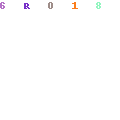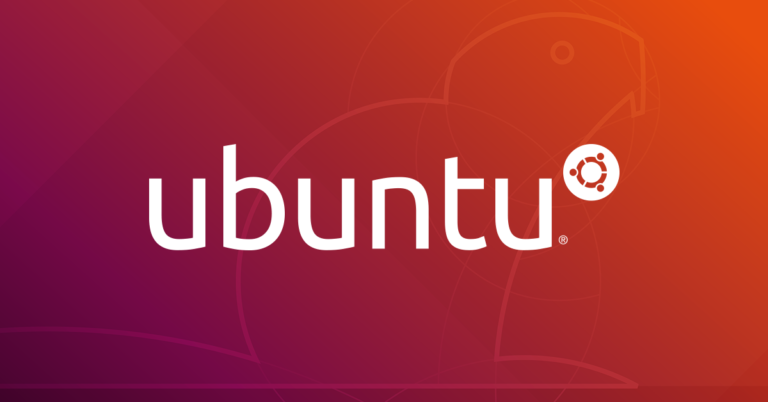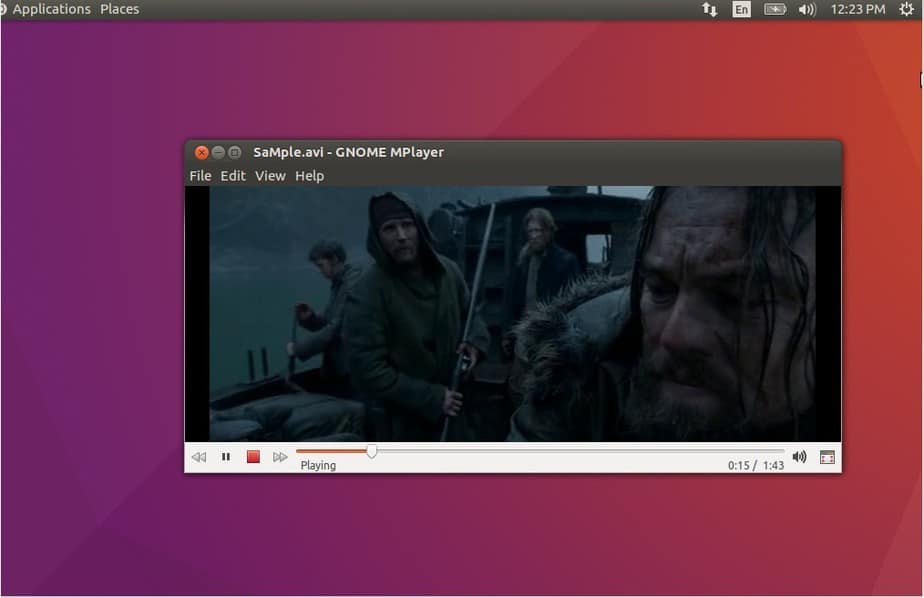

Libfm-gtk1 libfm1 libgdome2-0 libgdome2-cpp-smart0c2a

Libexo-1-0 libexo-common libfluidsynth1 libfm-data libfm-gtk-data Libbinio1ldbl libcddb2 libcompfaceg1 libcue1 libdiscid0 libesd0 Libaiksaurusgtk-1.2-0c2a libaudclient2 libaudcore1 libaudiofile0 Libaiksaurus-1.2-0c2a libaiksaurus-1.2-data Hardinfo indicator-status-provider-pidgin leafpad libabiword-2.8 Gnumeric gnumeric-common gnumeric-doc gpicview guvcview Gnome-icon-theme-full gnome-mplayer gnome-time-admin
#MPLAYER KUBUNTU INSTALL#
Notice all the extra packages (blue) being installed along with lubuntu-desktop (yellow): :~$ sudo apt-get install lubuntu-desktopĪbiword abiword-common abiword-plugin-grammarĪbiword-plugin-mathview ace-of-penguins audaciousĪudacious-plugins chromium-browser chromium-browser-l10nĬhromium-codecs-ffmpeg elementary-icon-themeĮsound-common galculator gdebi gdebi-core giblib1 For example, installing lubuntu-desktop will also install the Abiword word processor, a number of games, the Chromium web browser along with many other packages. These extra packages might add to the experience of the installed package, but they don’t get removed when you uninstall the package. If you install one of the Ubuntu based desktops, like edubuntu-desktop, kubuntu-desktop, lubuntu-desktop, or xubuntu-desktop, you will find they install many recommended and extra packages. Not all recommended and extra packages that apt-get installs are easy to uninstall.
#MPLAYER KUBUNTU SOFTWARE#
This is how the Ubuntu Software Center runs the command when you use it to remove Remove a package: :~$ sudo apt-get remove -auto-remove stellariumĠ upgraded, 0 newly installed, 2 to remove and 100 not upgraded.Īfter this operation, 48.2 MB disk space will be freed.ĭo you want to continue ? Example 2 – a hard to clean up install In this case, you specify the remove command and the -auto-remove flag / switch (yes, I know, it is spelled differently from the command, I have no idea why). Those two steps of running the apt-get with the commands remove and autoremove can be combined into a single step. It removes packages that depend on other packages, but those packages no longer exist: :~$ sudo apt-get autoremoveĠ upgraded, 0 newly installed, 1 to remove and 123 not upgraded.Īfter this operation, 41.1 MB disk space will be freed. Running the command apt-get autoremove removes certain types of packages. The following package was automatically installed and is no longerĠ upgraded, 0 newly installed, 1 to remove and 100 not upgraded.Īfter this operation, 7,090 kB disk space will be freed. The only package being removed by apt-get is the stellarium package (blue): :~$ sudo apt-get remove stellarium When using apt-get to remove stellarium (yellow) we are informed that an extra package had been installed (red) and should be removed using apt-get autoremove. Uninstalling the package stellarium does not uninstall the extra package. The following NEW packages will be installed:Ġ upgraded, 2 newly installed, 0 to remove and 100 not upgraded.Īfter this operation, 48.2 MB of additional disk space will be used. The following extra packages will be installed: Installing the package stellarium causes an extra package called stellarium-data to be installed as well: :~$ sudo apt-get install stellarium Unfortunately, many times, these Recommended and Extrapackages are not removed during uninstallation.

This happens because a number of Recommended and Extra packages are installed along with the requested package. Usually, this happens when you install and then uninstall one of the alternate Ubuntu desktops (Edubuntu, Kubuntu, Lubuntu, or Xubuntu) – the result is a mess. Later it is uninstalled, but you discover that not everything has been removed. There is a small but real risk of data loss or making other programs or Ubuntu unusable.Įnsure you have a backup before proceeding The ProblemĪ package is installed using either Ubuntu Software Center or apt-get.


 0 kommentar(er)
0 kommentar(er)
